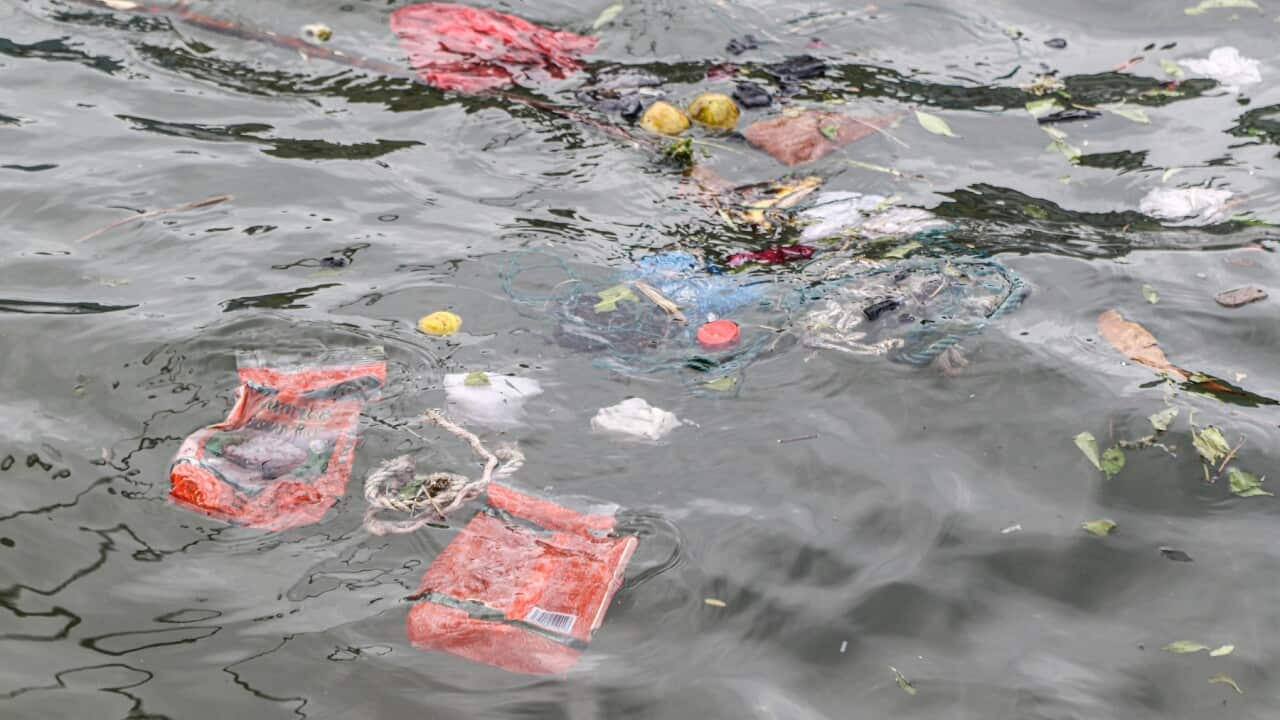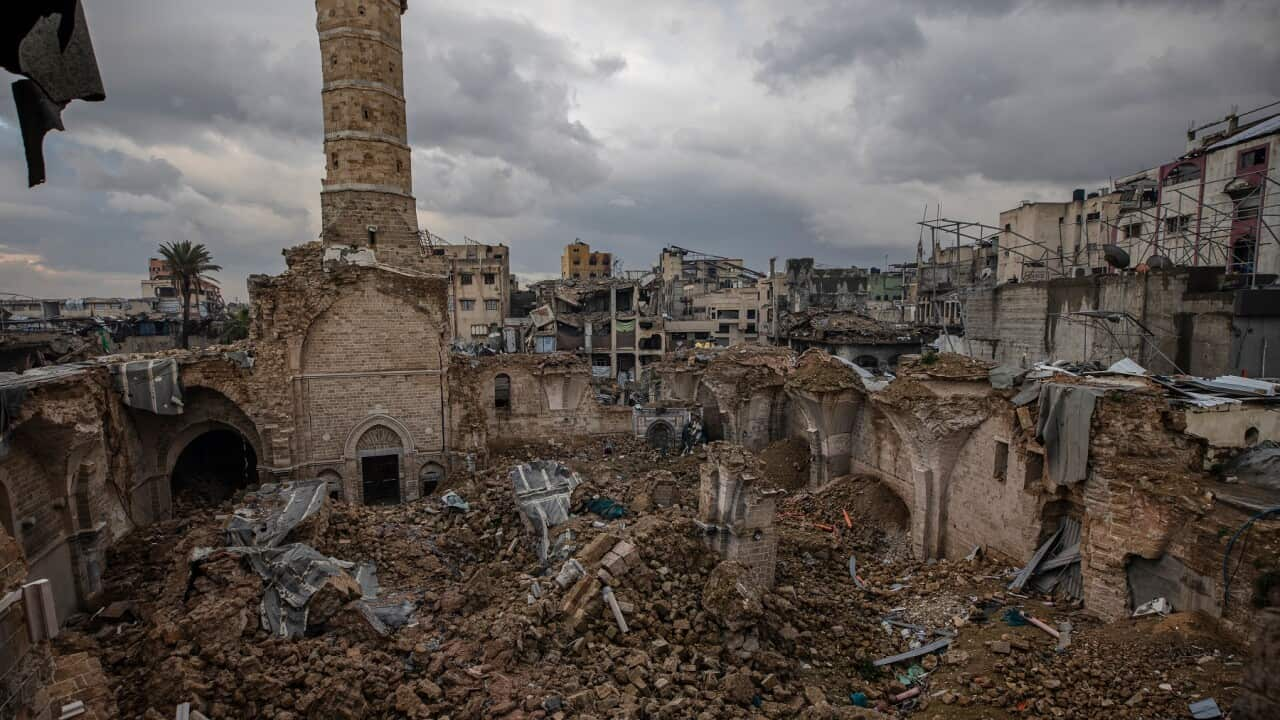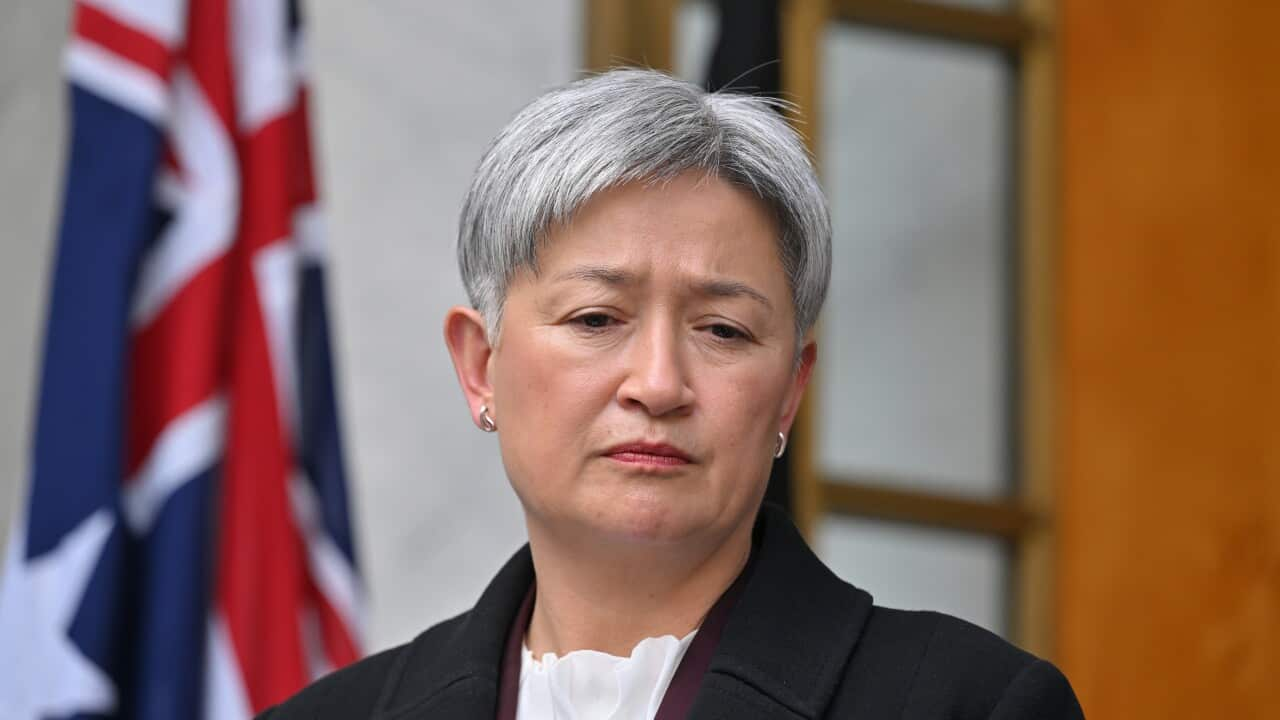Listen to Australian and world news, and follow trending topics with SBS News Podcasts.
TRANSCRIPT
The ocean floor is home to huge quantities of many of the world's most critical minerals.
So-called 'polymetallic nodules' - containing nickel, copper and cobalt - have taken thousands, even millions of years to develop.
And the race to start mining them is underway.
Some of these mineral-rich areas fall within countries’ exclusive economic zones.
And while a state can mine its own water in international waters, the industry has until now been held up until a code is established by the U-N's International Seabed Authority, or the I-S-A.
Aline Jaeckel is an Associate Professor at the Australian National Centre for Ocean Resources and Security.
She tells S-B-S that some states are already exploring their options.
"It's important to note that we don't actually have any commercial scale mining at the moment, so neither in states own waters, nor on the international seabed. What we do have is mineral exploration, which is the sort of preliminary stage of studying a mineral deposit and the environment conditions at a potential mine site. And so there's a handful of states that are pursuing mineral exploration in their own waters and there has been exploration on the International Seabed for some time, but there is no commercial scale mining at the moment."
But U-S President Donald Trump, wanting the U-S to be a so-called "global leader" in seabed exploration, signed an executive order in April fast tracking the process.
The order will open up the U-S, as well as international waters, to deep-sea mining.
One company has already sought a permit from the Trump administration to begin commercial mining in the Clarion-Clipperton zone.
A major area of interest in the Pacific Ocean, this vast stretch of ocean floor is abundant with critical minerals.
At the UN Ocean summit in France, world leaders are demanding strict rules around deep-sea mining.
Among those calling for the regulations was U-N Secretary General Antonio Guterres.
"Nations are now addressing navigating new waters and seabed mining. I support the ongoing work of the International Seabed Authority on this important issue. The deep sea cannot become the Wild West."
Progress has been made on a landmark agreement, the High Seas Treaty, which seeks to protect marine life in international waters.
More countries are now joining the roughly three dozen that have already backed a moratorium on deep-sea mining.
But the uncertain rules and regulations around who has authority is causing alarm.
The U-S is not a party to the International Seabed Authority.
Greenpeace Political Campaigner Megan Randles says there should be no deep sea mining at all.
"We think that deep sea mining should never be able to start. It's almost incredible that we're having this debate on opening up a new extractive industry at a time when the ocean is under so much pressure and we're trying to protect it. The science is very clear - deep sea mining will cause potentially irreversible damage to the ocean."
Next month a crucial meeting on creating a rule book for ocean mining will take place in Jamaica.
The 'High Seas Treaty' seeks to preserve the seabed.
And Aline Jaeckel says there will be a lot of scrutiny over the potential harms to marine life.
"One of the objectives of the High Seas Treaty is of course, to protect marine biodiversity on the high season on the International Seabed so I think any activity that would harm, marine biodiversity has to be closely scrutinized in light of the new High Seas Treaty."













